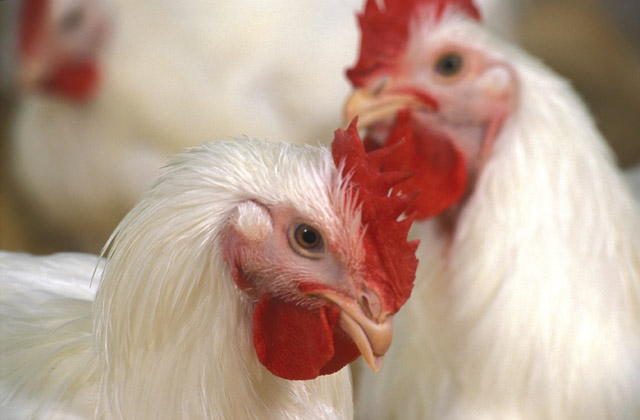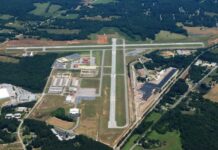
A second confirmed case of avian influenza has been detected in Northeast Georgia, according to Georgia’s Department of Agriculture (GDA) and the U.S. Department of Agriculture’s Animal and Plant Health Inspection Service.
The agencies announced on Wednesday that the highly pathogenic avian influenza (HPAI) was discovered in a commercial poultry flock in Elbert County, marking the second known case of the virus in the state and the sixth overall detection since the nationwide outbreak began in 2022.
The U.S. Department of Agriculture’s National Veterinary Services Laboratory (NVSL) confirmed the detection Jan. 21. Last week, the first case of the virus in Georgia – also discovered in Elbert County – was found 210 yards away from the second case.
As we continue our operations in Elbert County, it is essential that Georgians abide by the suspension of poultry activities so we can return to normal commerce and HPAI free status as quickly as possible. pic.twitter.com/zr2HiyzaUz
— Georgia Agriculture Commissioner Tyler Harper (@AgCommHarperGA) January 19, 2025
A suspension (pertaining specifically to certain live birds) on certain poultry-related activities remains in effect, though retail sales of poultry products – including meat and eggs – as well as poultry production and processing operations are for now unaffected.
As a precautionary measure, GDA staff began immediate operational response as state and federal agencies continue to work closely with private sector partners in an effort to contain the virus.
“HPAI remains a serious threat to our state’s economy, Georgia’s No. 1 industry, and the health and safety poultry in our state, and our team at the Georgia Department of Agriculture responded immediately to start depopulation, disposal, and cleaning and disinfecting operations,” Georgia Agriculture Commissioner Tyler Harper said. “The close proximity of the affected premises allowed our team to respond to both cases concurrently, and while those operations continue, our law enforcement officers are maintaining a secure perimeter to prevent further spread…”
Due to the close proximity of the two positive detections, depopulation and disinfecting operations will continue for the next 48 hours, according to officials.
Commercial poultry operations within a 6.2-mile radius of the discovery site remain under quarantine and will continue to undergo heightened surveillance and testing for a minimum of two weeks.







